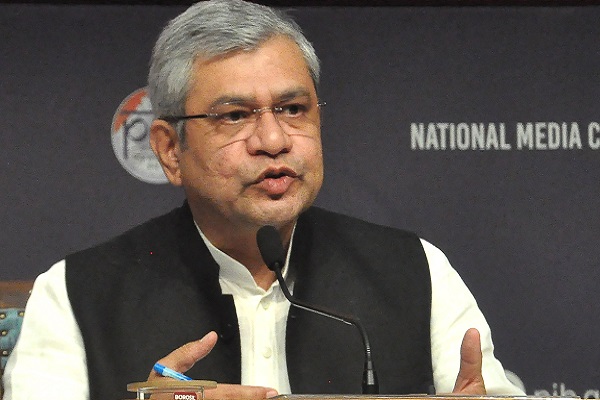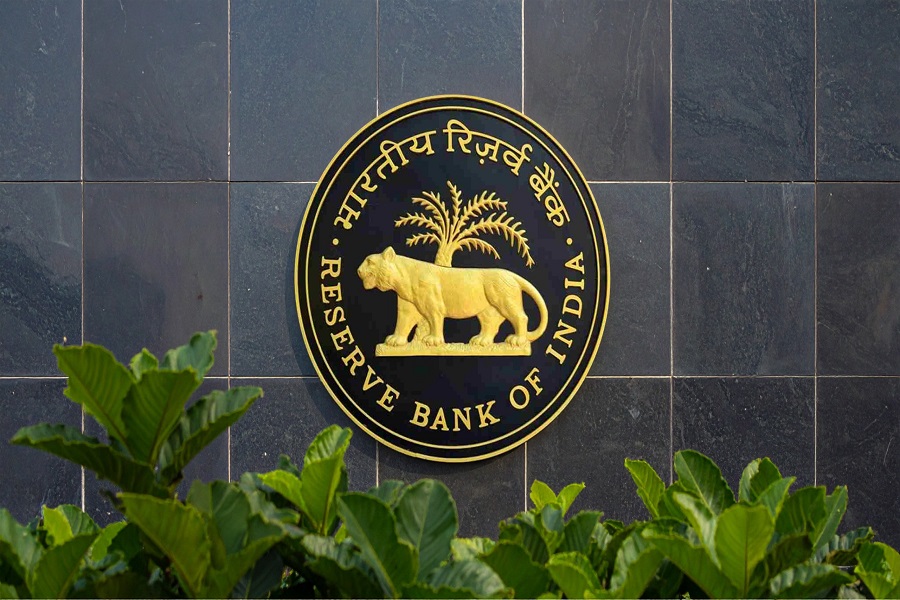Wealth Strategies: Navigating Investment in a Changing Global Economy

In a world marked by rapid economic shifts and political uncertainty, wealth management has become more complex than ever. Investors are facing an array of new challenges, ranging from fluctuating global markets to unpredictable geopolitical events. In this environment, strategic thinking and informed decision-making are essential for safeguarding and growing wealth.
One of the key pillars of successful wealth management is diversification. A balanced portfolio that spans across different asset classes—stocks, bonds, real estate, commodities, and alternative investments—can help shield wealth from the volatility that often characterizes financial markets. By reducing reliance on any single asset class, investors are better positioned to weather economic downturns and take advantage of growth opportunities in various sectors.
Another important strategy is the use of passive income investments. Real estate, dividend-paying stocks, and income-generating bonds offer a steady stream of cash flow, which can be reinvested to further grow wealth or used to fund lifestyle needs. Investors looking for long-term wealth accumulation often seek these types of investments to build a secure financial foundation that generates income over time.
In addition to traditional investment approaches, many wealth advisors are increasingly turning to alternative investments as part of their clients' portfolios. These include private equity, hedge funds, venture capital, and commodities like gold and cryptocurrency. While these assets can offer higher returns, they also come with added risks, and they require careful analysis and due diligence. Investors must weigh the potential for high returns against the possibility of significant loss, and ensure they are aligned with their long-term goals.
Risk management remains an essential aspect of any wealth strategy. Whether it’s through proper asset allocation, insurance, or utilizing hedging techniques, managing downside risk is key. For high-net-worth individuals, protecting wealth through estate planning, tax-efficient investing, and trusts can ensure that their financial legacy endures for future generations.
Equally important is staying informed about global economic trends. For example, shifts in monetary policy, such as changes in interest rates by central banks, or movements in key currency markets, can have a significant impact on asset performance. Investors who monitor economic reports, fiscal policies, and geopolitical developments are better positioned to make timely adjustments to their investment strategies.
A critical, often overlooked, factor in wealth creation is financial education. Continually expanding one's knowledge of financial products, market dynamics, and the latest wealth-building tools can empower investors to make smarter decisions. Wealth-building is not just about choosing the right assets; it’s also about understanding the broader economic landscape and how to navigate it effectively.
Finally, the role of a trusted wealth advisor cannot be overstated. A knowledgeable advisor provides more than just financial planning-they help investors stay disciplined, guide them through market downturns, and offer a balanced perspective during periods of uncertainty. By working with professionals who understand the intricacies of global financial markets, investors can refine their strategies to meet their unique needs and goals.
In conclusion, wealth management is no longer just about traditional investments; it’s about creating a holistic strategy that balances risk, income, and growth. By diversifying assets, embracing alternative investments, focusing on passive income, and staying informed on global trends, investors can successfully navigate the changing landscape of global wealth management.




















